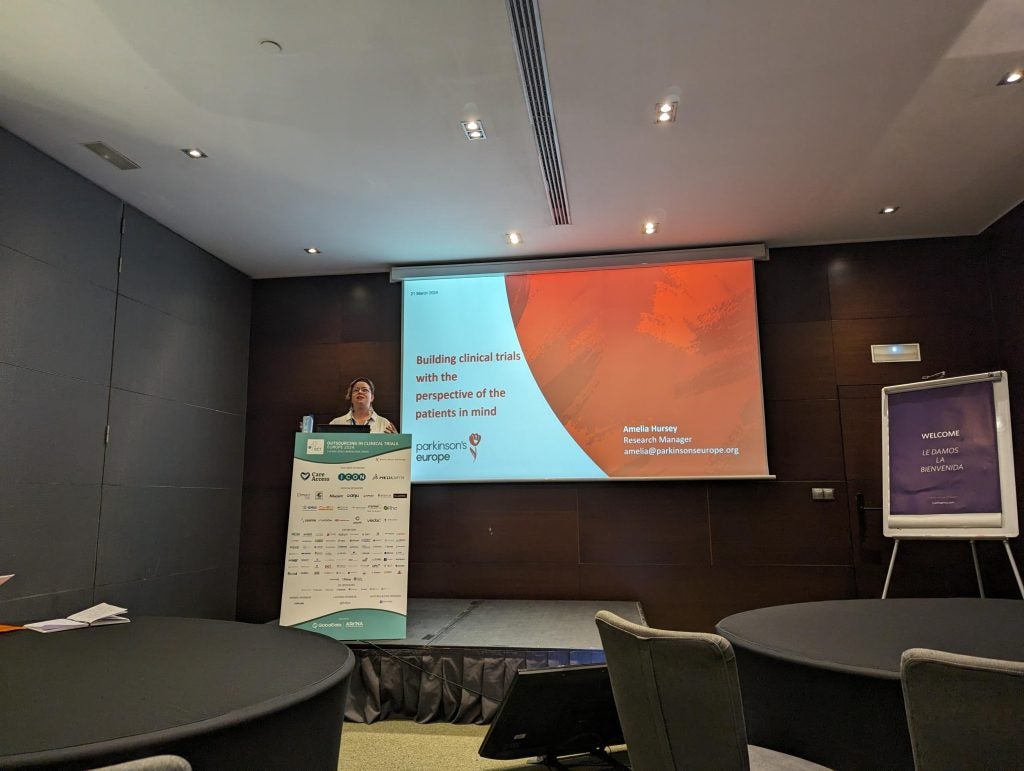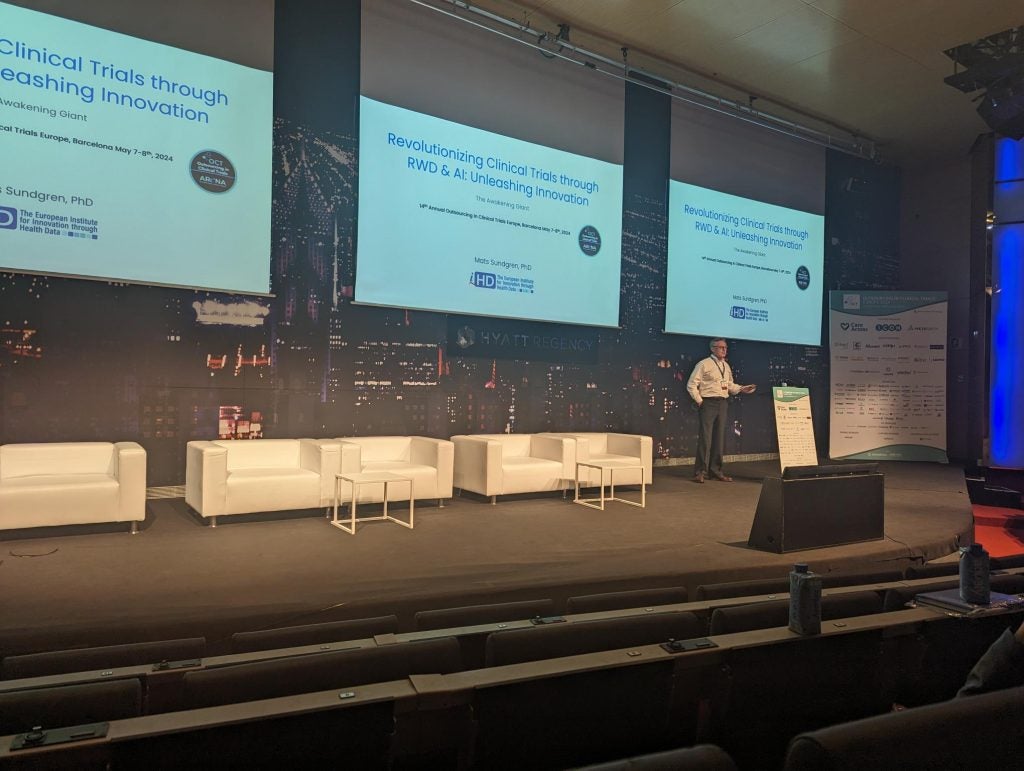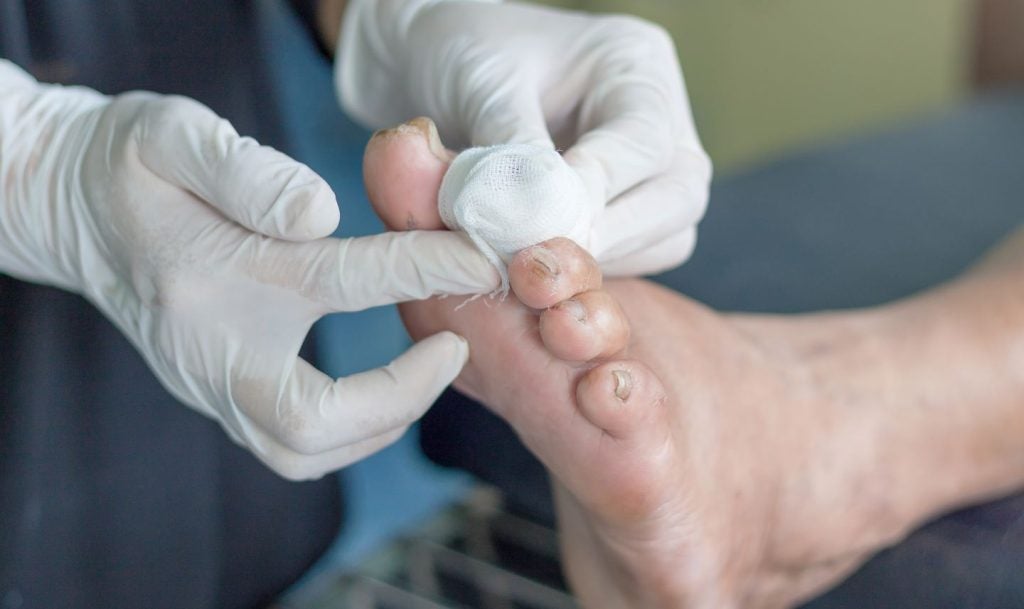Making sure that all parties involved in clinical trials are benefitting is more important than adopting a patient-centric approach.
Amelia Hursey, research manager at Parkinson's Europe, spoke at the Outsourcing in Clinical Trials (OCT) Europe 2024 conference on how putting the patient at the centre of the trial is not necessarily the answer.
“I don't think the term 'patient centricity' should be at the heart, because I think that's a really easy value signalling term that actually has now lost its value,” Hursey said.
“Mutual investment is what should be at the heart of it, that's not about one person being in the middle of it all, you need to have equitable partnerships.”
These partnerships include people at all levels: pharma, health tech organisations, contract research organisations (CROs), non-governmental organisations, patient organisations, research and health professionals, and any other parties involved in the clinical development process.
This conversation should happen from the beginning of the planning process to ensure that trial designs and protocols are mutually beneficial.
Not only will this be vital for potentially improving the patient experience but it will also break down barriers which some researchers may not even realise they are putting in place.
“There is still a lot of work to be done to understand why there are certain barriers,” Hursey said.
“Even the language used in trials is a huge barrier and that isn’t the different actual language itself but the terminology everyone uses.”
This comes through changing trial models to include patients and other parties so that everyone understands what they are involved in rather than educating patients about a disease.
“Mutual investment doesn’t require education, it requires knowledge, wisdom and the sharing insights,” Hursey added.
“We do not want to just educate people about what that research is doing but actually make research with them.”
Not only does this benefit the patient in the trial initially but if it is approved, it may also benefit the consumer experience, Hursey concluded.
















